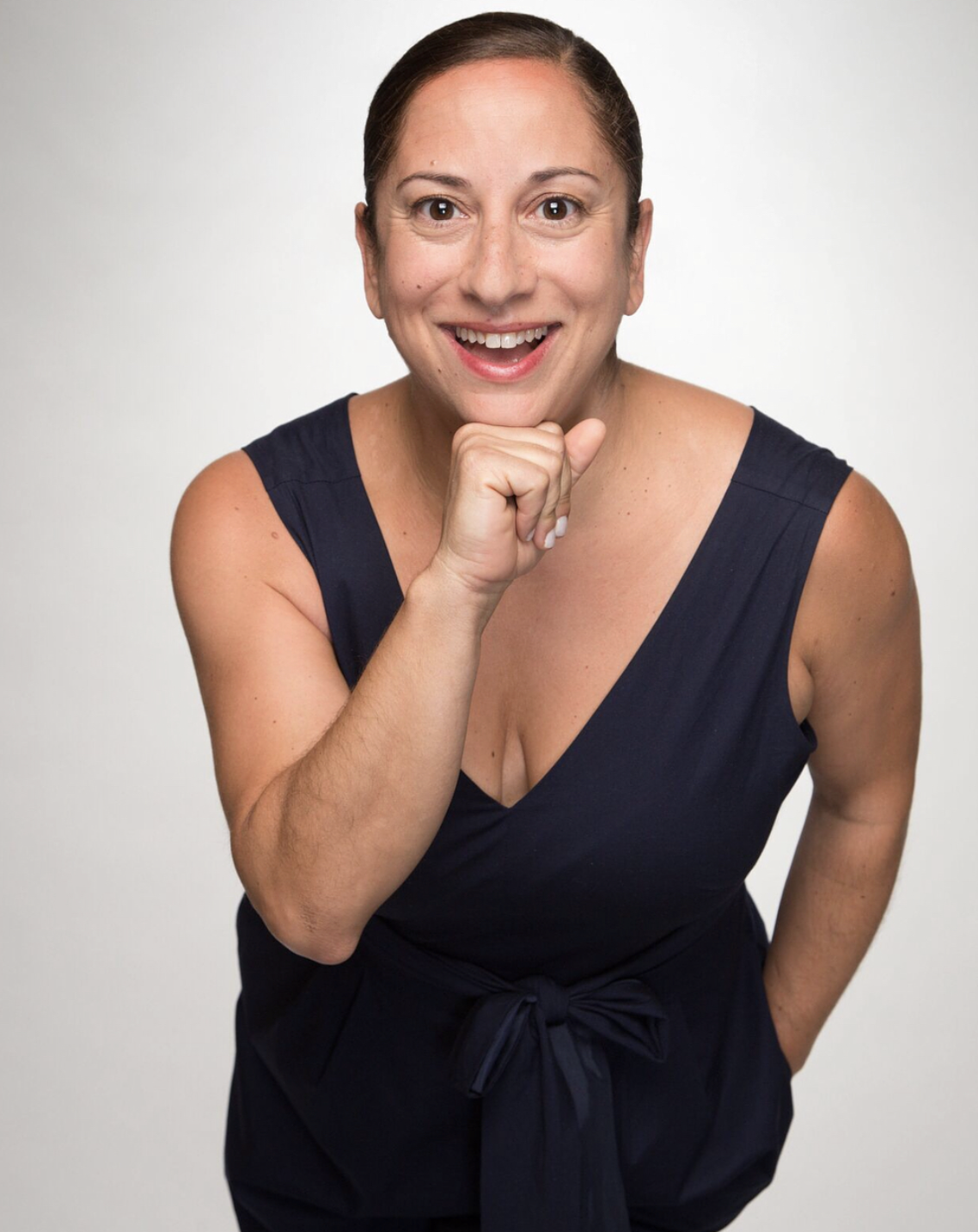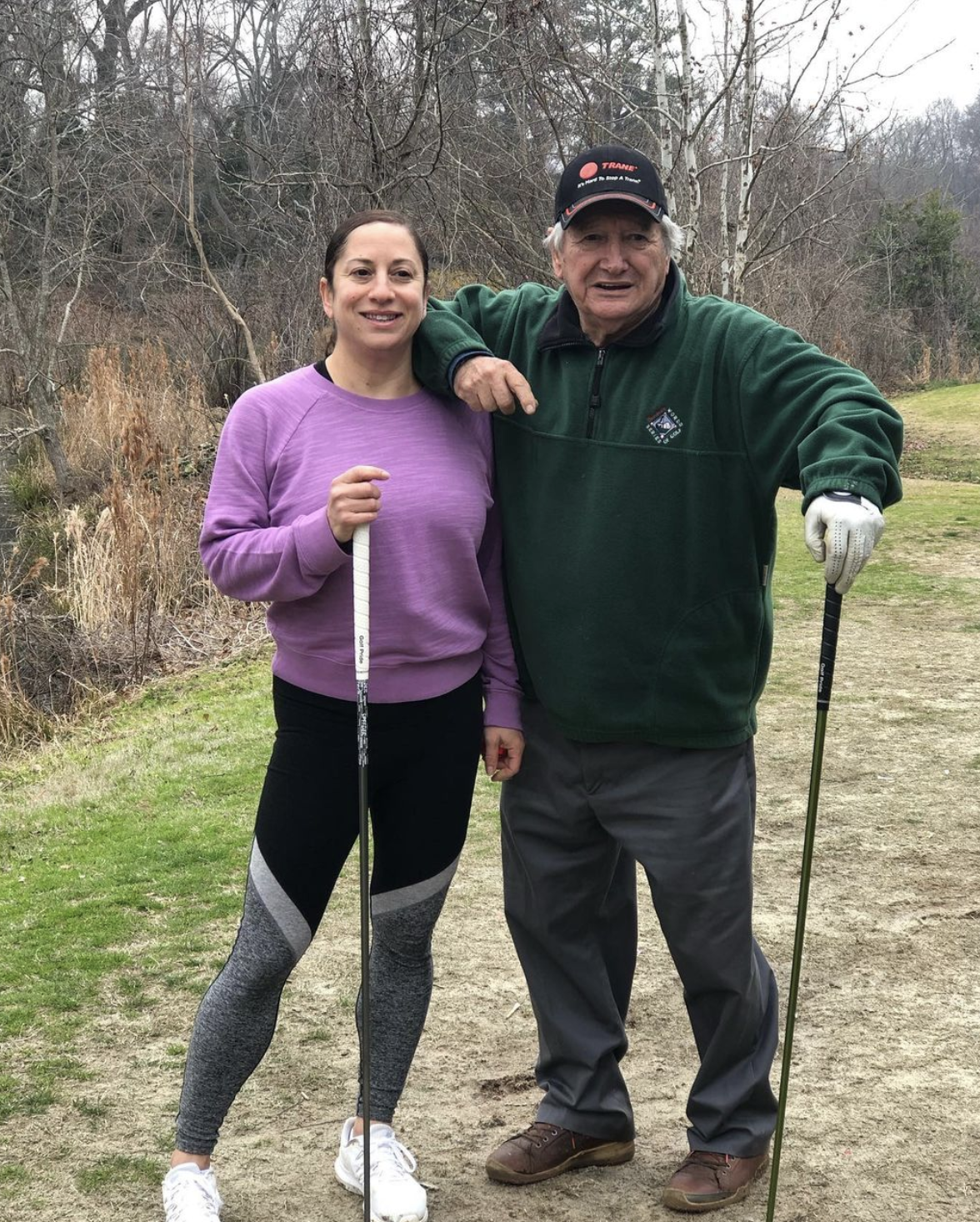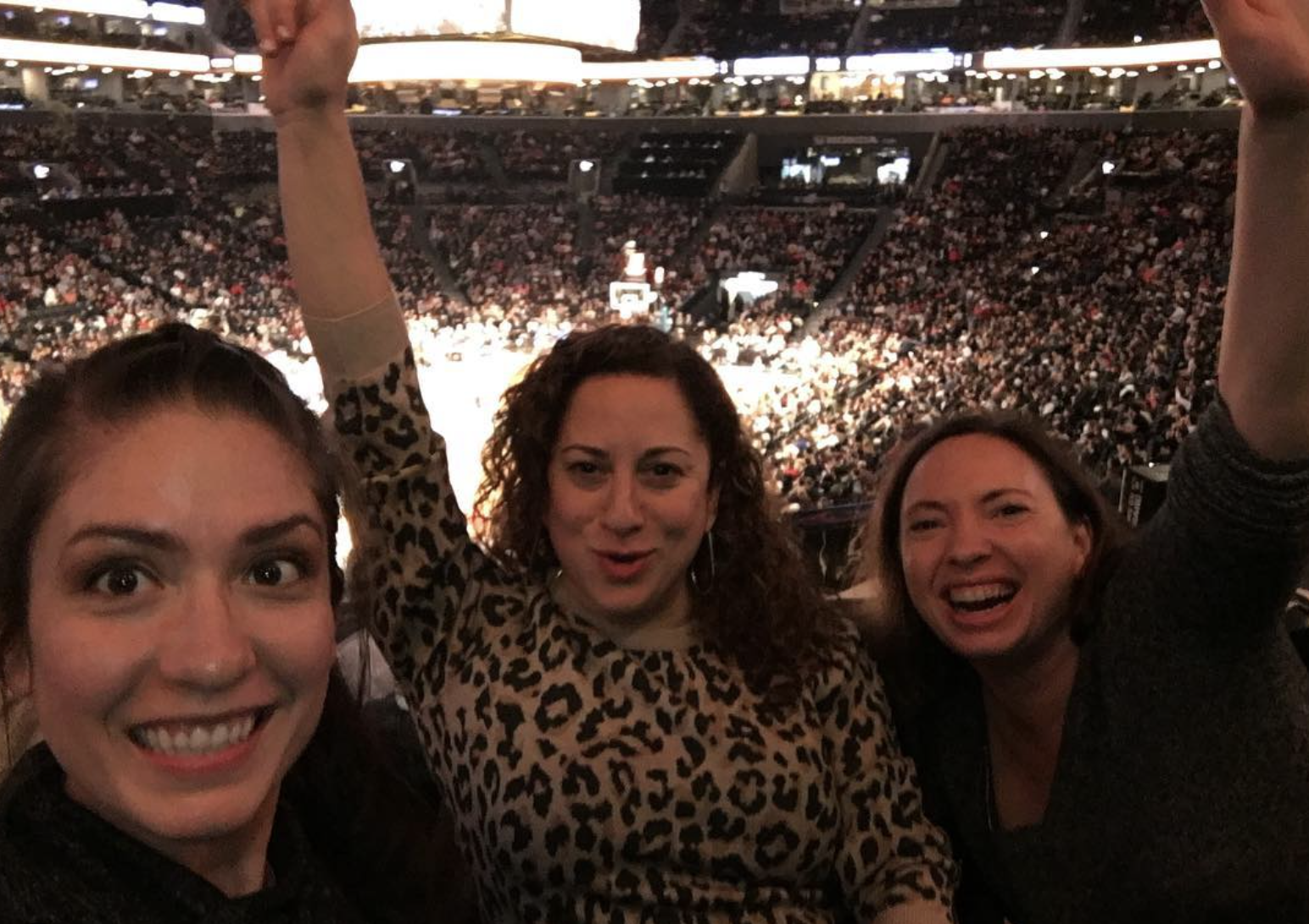The Wonderful People of NYC Footy: Debbie Tasioudis
This is Debbie’s Story, her battle through Covid and breast cancer, and finding strength through soccer.
J: James Berry here again with our second Wonderful Person of NYC Footy, Debbie Tasioudis. Debbie, good to see you, why don’t you tell everyone a little bit about yourself?
D: Hey James, sure. Well my name is Debbie Tasioudis, I’m from Atlanta, but I live in Brooklyn now. I work for the NYC for the schools and I joined Footy in I think 2021, spring or summer of 2021 sounds right.
J: Did you have friends that played already?
D: No, I actually joined as a free agent, but we sort of coalesced afterwards and have come together and are now our own team.
J: That’s great. What’s the team name?
D: Heat Strokes (hey everyone!), but I’m also playing on FA Weah Behind Schedule. I think we’re currently number six in the league right now.
J: Out of?
D: Out of seven.
J: It’s a rebuilding season then.
D: Exactly. No, we’d like to be good, but it’s not really about winning for us, it’s just about, you know, getting out there and having fun.
J: As it should be. Where do you guys play?
D: I’m a bit all over, I play at Brooklyn Bridge Park, Sternberg, and also in Ridgewood, and I can’t really figure out which one I like more. BBP has that amazing view, but Ridgewood and Sternberg are just kind of like home I guess. I love them all.
J: Yeah it’s hard to pick just one, I feel like having a home field is a really special thing though, so I’m glad you’ve got 2. How did you end up finding Footy in the first place?
D: I played in one season of NYC Soccer and I just didn’t find it to be very social. It was like you show up, you play the game, you leave. I was asking around about more social leagues and someone recommended Footy, so I looked into Footy and I’ve found a really nice community of players.
J: I think that’s the most important thing about Footy right, the community.
D: Exactly. And Heat Strokes are definitely such a solid group now, it’s just really good.
J: That’s incredible. So you and I have talked a bit, but could you just tell us about your story, and what happened to you right at the beginning of Covid?
D: Absolutely, so in 2020-I work for the NYC schools, we shut down our school system on March 23rd- we opened maybe 50 schools just for kids of first responders, and I had the privilege of leading one those schools. While I was doing that, I got Covid. Probably not at school, but yeah.
So I was home with Covid in April and had to wait a little to go to the doctor, but when I did, I discovered that I had stage 2 breast cancer. All of the hospitals were closed and I had to wait until June to get surgery. That led to another surgery in July, 16 weeks of chemo, and almost 30 rounds of daily radiation. That was tough.
That ended around February 2021. I was feeling really grateful to be at a place where there was no evidence of disease. I made it through the difficulties of chemo, made it through the slow but difficult consequences of radiation. I went home for a month, worked remotely and tried to focus on feeling healthy again.
Sometime in there, I realized that I hadn’t been working out in the way that I normally do and I hadn’t been active enough. I came back to NY and for example I was scared to be on the train, not because of issues on the train, but because my body was scared to be around a lot of people. And I started taking a protective stance in crowds, in the grocery store.
It took me a while to realize that this wasn’t a Covid thing, this was a cancer thing after all the things that happened to my body.
So I decided that I couldn’t walk around afraid all the time. I had to find a way to find some body confidence, to not be scared. So the first thing that came to me was getting back on the soccer field.
I had played soccer in high-school, I played a little co-ed in college, and I played in my mid-twenties when I moved back to NY, but I hadn’t played in a long time.
To me it seemed like a good way to get confident again because, you know, it’s a good way to get hit, but in a safe way. You intend to throw your body in front of another person, you intend to throw your body in front of the ball.
So I very cautiously made my way to a P5 NYC Footy team. I gotta say my first season was very tough.
I had some muscle memory about the game, but the ball would come towards me and I would scream a high-pitched scream I don’t normally use and run from the ball or cower. I was reluctant to run into anyone. But every game it got a little better and a little better.
I really felt like I had to tell my teammates why I was there and why I was excited to be on the field but sometimes afraid of the ball.
So I told a couple of my teammates, I told the captain, ‘I’m here. I just finished cancer treatment. I’m trying to get some body confidence back. Get myself back to feeling normal and strong.’ My teammates were so open, responsive, and supportive.
J: Can you speak to what it felt like to get to that point? To feel like you were able to get your body back.
D: A thing happens when you have a couple surgeries, radiation. You’re still in your body, but your body is a different body than it was before. So there’s a lot to that.
I’m part of a group called The Breasties. It’s this incredible network of pre-vivors-people who don’t have cancer, but have a genetic disposition- survivors, caregivers, and thrivers-people who are living with on-going cancer.
They’ve got really great resources, like on how to do a self-exam, I literally wouldn’t be here if I didn’t do a self-exam, and so much more. But through this network, I spoke with others about how to get comfortable in my bodies again and things that I could do intentionally to get comfortable.
Things like looking in the mirror everyday. Outfit of the day. Exercising. Finding strength. I think that was some of my motivation.
I also have a regular barre practice. When the studio re-opened in person I started going back there again. That got me feeling strong and confident again, but that’s a singular practice I was doing.
There’s a difference in soccer because it’s a thing your body does with other people.
The people on your team, and the people you play against, it’s more of a full-contact sport and that’s what was missing for me and I found on the soccer field; the physical movement, remembering that I can do hard things, I can run for a 20 minute half, I can take a hit, I can take the ball from someone.
Then there’s also a mental thing that happens on the field. You and your teammates develop a language together and it’s a really encouraging environment. Particularly on the teams I’ve been on.
On Heat Strokes for example, we’re very encouraging on each other when we’re on the field, and then in our chat as well. I get confidence from that, from being a part of a team and seeing your skills improve over time.
J: There are people, while many or most might not come from a situation as dire as cancer, come into this league coming off of a serious injury, or with a feeling of feeling isolated in their own body, or even detached from their own body. Can you speak more to what made you feel like it was time to take that space back in yourself? What led to that decision and what it felt like to be doing that?
D: You know when I first came to NY I think I played one season of soccer. Through a dating situation I played softball. It’s not really an athletic sport. It’s a lot of standing around. But I got tackled once-
J: You got tackled in softball?
D: Correct. In softball. By a drunk 250 pound guy who didn’t even have the ball and I wound up tearing my my gastroc muscle. You could hear it pop. So I was reluctant after that. I was in a boot for maybe 8 weeks or something.
But it goes back to the cancer thing, the injury thing, you cannot be afraid forever. There’s so much good that happens in a 50 minute game.
I always play outside. Just being outside, not thinking about work, not thinking about your personal relationships. It’s you, your teammates, and the game. It’s such a privilege to move your body.
That is first and foremost something I learned: you never know what’s going to happen and once you find yourself in a situation, through injury or cancer, you realize what a gift it is to move your body every day and so you want to keep doing that.
It’s also not the world cup. It’s a Wednesday rec league, or a Sunday rec league, you don’t have to be perfect. Just go out there and try to play well, try to be better every game.
J: When someone close to you tells you they have cancer, there’s a lack of understanding of how to respond to that. How do people who are around someone diagnosed with cancer, or any serious illness, how can they help. There’s almost this feeling of not wanting to burden them more, or wanting to give them space. What were the things that were most helpful for you to receive from the people around you and what might you offer to people who may be needing that kind of help in their own recovery, whether they can ask for it, or find it from their teammates, friends, and family?
D: I think the single most important thing for me in survivorship in that time after active treatment ends is an understanding that when active cancer treatment ends it’s not over, survivorship is a lifetime of ongoing appointments, check-ins scans, tests, and it’s terrifying every time.
Your body remembers what it’s like to go to the place where you got chemotherapy, where you got surgery, where your body got radiated. Even if you feel comfortable, your body can feel resistant.
I think that’s something people don’t realize, I think people think that cancer treatment’s over, she doesn’t have cancer anymore. It’s done. But there really isn’t a finish line. There are benchmarks.
You can make it to 5, 10 years, and you’re probably not going to get it again, but you’re always looking over your shoulder. You’re always trying to learn how to live in your body. And you’re putting yourself in a situation where you’re doing everything you can to not get cancer again.
I think the awareness that it doesn’t end when the treatment ends and just listening, making space, and checking in. Just saying “how are you? How are things going?” I think there’s a lot of assumptions and just listening and understanding for me is the the most important thing in my survivorship.
I think also every cancer survivor I know can talk about people who they told they had cancer to and then never heard from them again. It happens all the time. People have their own trauma around cancer, their own stories. Or they just don’t know what to say, they get overwhelmed.
I don’t think I need someone to reach out and say ‘hey how’s your cancer’, just ‘hey how are you?’ For a lot of us, we just want to know that people care. That we’re not just our cancer diagnosis, that we’re complex beings.
J: You’ve got such an incredible story, and just hearing you talk about it with such confidence is really magnificent and awesome, is there anything you want add that I might have missed?
D: Yeah. I love my barre practice, I love my regular workouts, that’s what keeps me injury friend when I’m not on the field. But there’s something so wonderful about being a part of a team, having this amazing game to focus on every week.
It is the highlight of my week. If it’s raining or snowing, I’m learning to love it. I’m grateful for Footy, you don’t have to be great at this game, you just have to get out there.
The other thing I would say, you’re never too young to get breast cancer and I would encourage people to get to know your own body, and learn how to perform a self-exam.
Anybody can get breast cancer. Some people say “Feel it on the first”, just make a routine, get to know how your breast is supposed to feel. I’m alive today because I found the lump myself.
And one final note, when I got back I got hit in the breast, nearly immediately, with a soccer ball and I thought, “oh my god I have breast cancer again” but, pro-tip from my breast oncologist, you cannot get breast cancer from getting hit with a soccer ball.
J: Hahaha that’s great to know. Debbie this has been so inspiring and thank you for taking the time to come down and share your story with me and all of us here in the Footy community.
D: Of course, I’m happy to do it.
